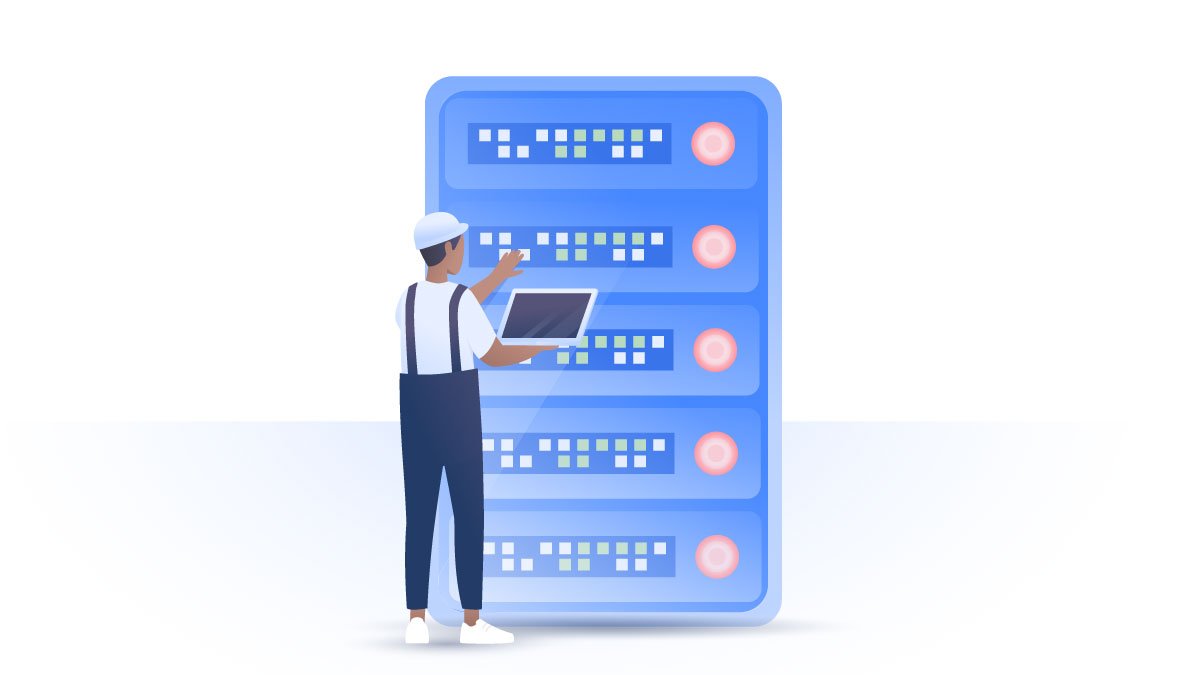Is the CIA watching me?
Government surveillance of citizens is getting worse. Both democratic and authoritarian governments regularly watch us. But is there a government spy peeping through your webcam as you’re reading this blog post? Surveillance can be difficult to detect but there are ways to protect yourself. What are the signs of government spying and can you escape it?
Sybil Andrea
Dec 29, 2019 · 4 min read

Signs that the government is spying on you
If you haven't done anything to get onto a CIA watchlist, chances are no one is actively listening to your conversations. But that doesn't mean your personal information isn't being collected on giant databases.
The Freedom on the Net report says that 89% of internet users are monitored on social media. A lot of their data is collected and analyzed through automated means.
Even though the collection of metadata may sound less invasive, this is not necessarily the case. It can sometimes provide an even bigger image of a person's life than a specific personal conversation between two people. Here is the list of things making you more spyable.
Some risk factors include:
1. You have a Smart TV or other IoT device
Back in 2015, when Samsung’s new Smart TVs came out, the company warned its customers not to discuss personal or sensitive information near the device. According to the company, users' conversations may have been captured and sent to third parties.
In 2017, a WikiLeaks report described a Weeping Angel attack used by the CIA to turn Samsung TVs into the agency's bugs. The attack tricks the user into thinking the TV is off, while it actually operates as a microphone and sends sensitive conversations to CIA servers.
2. Your webcam is on
It's relatively easy to hack your webcam, whether it's the government or a cybercriminal. The NSA's GUMFISH tool can direct an infected computer to take photos and record conversations through the webcam.
Back in 2008, Britain's surveillance agency GCHQ, helped by the NSA, also collected images from Yahoo web chats despite many users not even being government targets. Some of them contained sexually explicit communications.
3. Your phone records are up for grabs
While the government won't necessarily listen in on your phone calls without a warrant, they can access your phone records. Who you call, when, and for how long can paint a pretty accurate picture of your hobbies, work, and personal life.
4. Your phone or computer was hacked
Government agencies have enormous malware collections, zero-day exploits, and other bugs they can use to turn your phone into a spying device. The CIA has specialized branches dedicated to finding out how to crack iOS, Android, Microsoft, or macOS software.
5. You’re always close to a camera
Countries like the US and the UK are some of the most watched-over regions in the world. According to estimates, the UK has approximately one CCTV camera for every 11 citizens. So, every time you're in public, expect Big Brother to be watching you.
Why is the government watching you?
You don't necessarily have to become a government target to be a victim of mass surveillance. While the government argues that monitoring is necessary to uncover and prevent terrorism, files leaked by Edward Snowden reveal that the NSA was collecting information about regular citizens. Advocates say this data is useful for preventing crimes and terrorism, while critics say it is far more likely to be abused as a tool of oppression.
How to stop the government from spying on you and protect your privacy
So, how do you stop the government from spying on you? If you do end up on a government watchlist, there's not much you can do to prevent them from targeting and gathering information about you. However, there are ways you can boost your privacy and protect yourself from mass surveillance.
- Update your devices. Updates contain bug fixes and other critical vulnerability patches. Keeping software on your devices up to date lessens the chances of them being exploited.
- Clean up your social media accounts. If deleting your social media altogether sounds a bit extreme, at least limit the information you share about yourself. This includes vacation photos, hobbies, and political views.
- Encrypt your communication. Switching to more privacy-oriented messaging apps like Signal can help avoid surveillance. While apps like Messenger and WhatsApp use end-to-end encryption, they still collect metadata about their users.
- Use a VPN. It's not only your conversations you should encrypt. VPNs encrypt your personal data traffic and change your IP address, ensuring that you can browse privately. NordVPN's strict no-logs policy means we don't collect or store data about your activities online.
- Cover your webcam. Even if someone was to hack your webcam, covering it up would limit the amount of information they can gather about you.
- Avoid IoT devices. Since Smart TVs can act as bugs for government agencies, avoid getting one in the first place. However, if you already have a smart TV, be sure to turn off voice-related features in the settings menu. And, just to be sure, unplug it when you're not using it.
- Don't open suspicious emails. One click on a malicious link and your device will get infected. Learn how to avoid phishing here.
Online privacy is your right. Keep it secure with a premium VPN.


